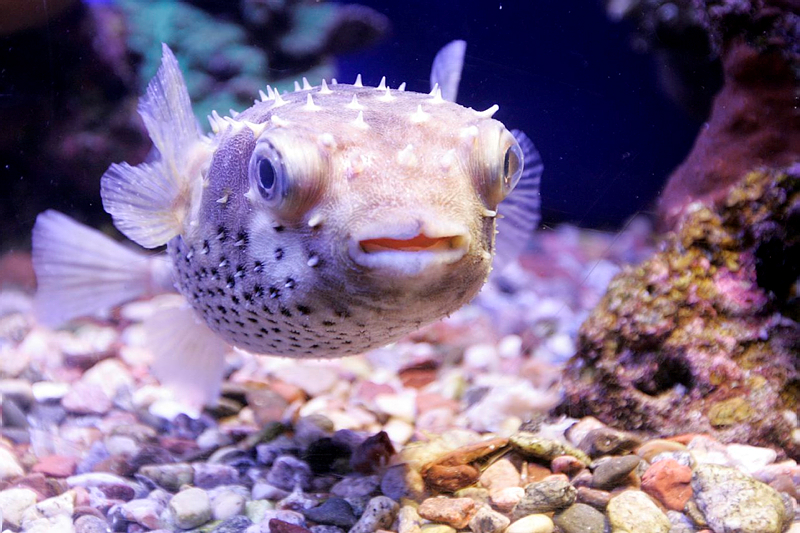The annual average sea surface temperature measured in the Red Sea this year was among the highest recorded over the past thirty years.
By Sharon Wrobel, The Algemeiner
A new study warns that southern Israel’s coral reefs in the Gulf of Eilat are facing a number of threats due to climate change, as well as last year’s massive storm that caused serious ecological damage.
According to a report by the Israel National Monitoring Program, funded by Israel’s Ministry of Environmental Protection, rising surface sea temperatures and an increase in deep water temperatures were recorded in the northern Gulf of Eilat. The findings also showed concentrations of waste on the seabed 1,000 times greater than those in the Mediterranean Sea at similar depths — as high as 350,000 items of solid waste per kilometer.
Up to 90% of plastic marine waste has been found in Israel to be almost indestructible, and at the rates now seen, seawater will be richer in plastic residue than in live fish by 2050, the Ministry of Environmental Protection said.
“The coral reef in the Gulf of Eilat is a natural asset of global importance,” said Israel’s Minister of Environmental Protection Tamar Zandberg. “In March 2020, a devastating storm hit the northern Gulf of Eilat, causing 22% or more damage to coral cover in some areas.”
“Due to the climate crisis, the frequency and intensity of such storms is expected to increase,” she argued. “The rate of seawater warming is triple the rate compared to the global average. Today, more than ever, we must ease pressures from the sea in Eilat in general and the coral reefs in particular.”
Zandberg added that the data in the monitoring report highlights “how much we need to rethink the national priorities in protecting the marine environment in the Gulf of Eilat.”
A severe southern storm hit the shores of Eilat in March 2020. Strong winds blew for more than a day and high waves pounded the shores, causing severe damage to shallow habitats and coastal areas, and destroying man-made infrastructure.
Meanwhile, the annual average sea surface temperature measured in the Red Sea this year was among the highest recorded over the past thirty years. The maximum temperature measured above the coral reefs in 2020 was the highest since the 2004 start of monitoring, at 29.1 degrees Celsius (84.38 Fahrenheit). The previous record of 28.4 degrees Celsius was measured in 2012. Surface temperatures are warming at an annual average of 0.036 degrees Celsius
For the first time, according to the study, some deformed benthic foraminifera — a marine single-celled micro-organism — were found at some of the northern beach’s soft sediment seafloor sampling stations.
“We do not know the cause of the morphological deformation of these creatures but they may indicate some kind of contamination. In recent years, large-scale infrastructure works were conducted at the Kinet channel and sediments dug from its path were piled along the outlet. These may have leaked contaminants into the sea and the southern storm of March 2020 may have transported contaminated sediments to the sea,” the report stated.
In one positive finding, numerous sightings of sea turtles coming on shore to nest were observed last year. The first turtle hatchling broke out at an undisturbed sandy beach stretch in January, and was followed by several more hatching events.
“This is a rare occurrence in Eilat since viable beaches for nesting are scarce along the coast,” the authors of the report said.


